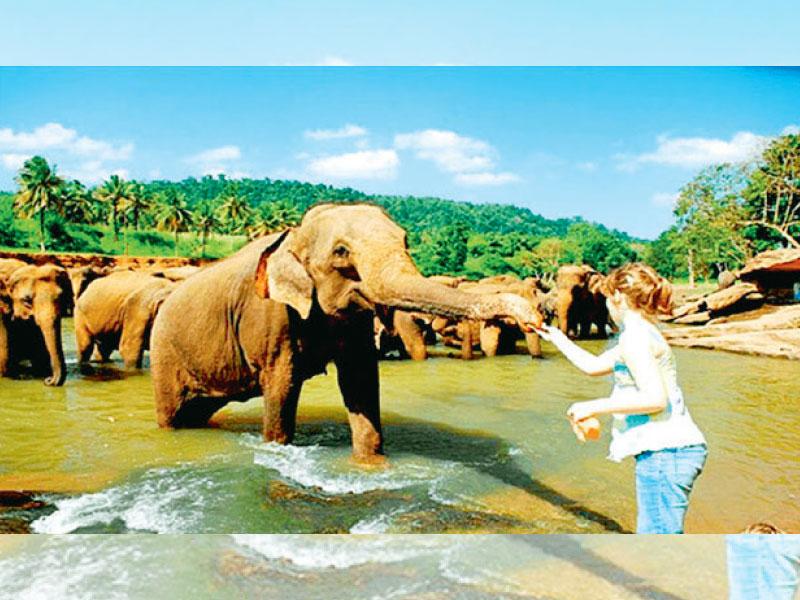
Sri Lanka Risks Booking.com Exit amid new Tax, Threatening Tourism Recovery
- CNL Reporter
- August 10, 2025
- Travel and Tourism
- Booking.com
- 0 Comments
NEWS OF THE DAY
Sri Lanka’s tourism sector, which has been recovering well in 2025, is struck by another crisis as tensions between the government and foreign online travel agents like Booking.com escalate.
Market players warn that the country is facing a potential blackout of Sri Lankan listings on major booking sites due to regulatory hurdles and the government’s aspiration for a state-sponsored rival.
Minister of Tourism Vijitha Herath has blamed online sites such as Booking.com, Agoda, and Expedia of evading taxes while conducting business outside the purview of regulatory oversight, thus monopolizing online bookings.
To this end, a new centralised booking system—driven by the Sri Lanka Tourism Development Authority (SLTDA) and private sector stakeholders—is being developed to manage bookings for hotels, transport, tours, and even souvenirs.
“Booking.com filled a void when local platforms didn’t exist. But it’s time we claim our rightful share and regulate the digital space,” the Minister said earlier this year. He added that fair and enforceable taxation is a key policy objective.
However, industry players fear the consequences. Hoteliers and tour operators have raised alarms that international booking engines may withdraw Sri Lankan listings, significantly reducing global visibility. Already, there are reports of select Sri Lankan properties being delisted amid the uncertainty.
There are mounting concerns about the technical readiness and world competitiveness of the proposed state platform. In contrast to foreign OTAs, the local system is reported to be wanting in seamless usability, customer reviews, price parity, and worldwide marketing extent—key drivers of tourist confidence and bookings.
Smaller hotels and guesthouses are especially vulnerable. Many already pay 18 percent commission to global booking platforms and are now expected to absorb an additional 18 percent VAT if new tax regulations are enforced. “We’re running under capacity. Passing on more costs to tourists isn’t feasible,” lamented one hotel owner.
Adding to the challenges is the dysfunctional online train booking system. Tourists hoping to book scenic train rides, such as the Kandy–Ella route, struggle to find tickets due to bulk bookings by brokers who resell them at inflated rates. “Tourists often pay double through agents, making us look unprofessional,” said a tour guide in the hill country.
Despite these setbacks, 1.37 million visitors arrived in the isalnd in the first seven months of 2025, with July contributing 200,244—a 6.6 percent rise from last year. India recorded the highest number of arrivals, followed by Russia and the UK. Tourism revenue has reached US$1.71 billion during January–June this year, a 10 percent increase from 2024.
Visa liberalisation has also played its part, the government opening its doors to free entry for 40 countries and increasing arrivals. But experts are warning that the sector will come up short of its 2025 goals of 3 million tourists and $5 billion in earnings unless monthly arrivals are over 290,000.
Critics argue that ad hoc promotional campaigns and policy ambiguity watered down the tourism pick-up. Unless the government joins hands with global OTAs, boosts digital infrastructure, and simplifies systems, Sri Lanka’s tourism fairy tale can easily unravel at the seams.

